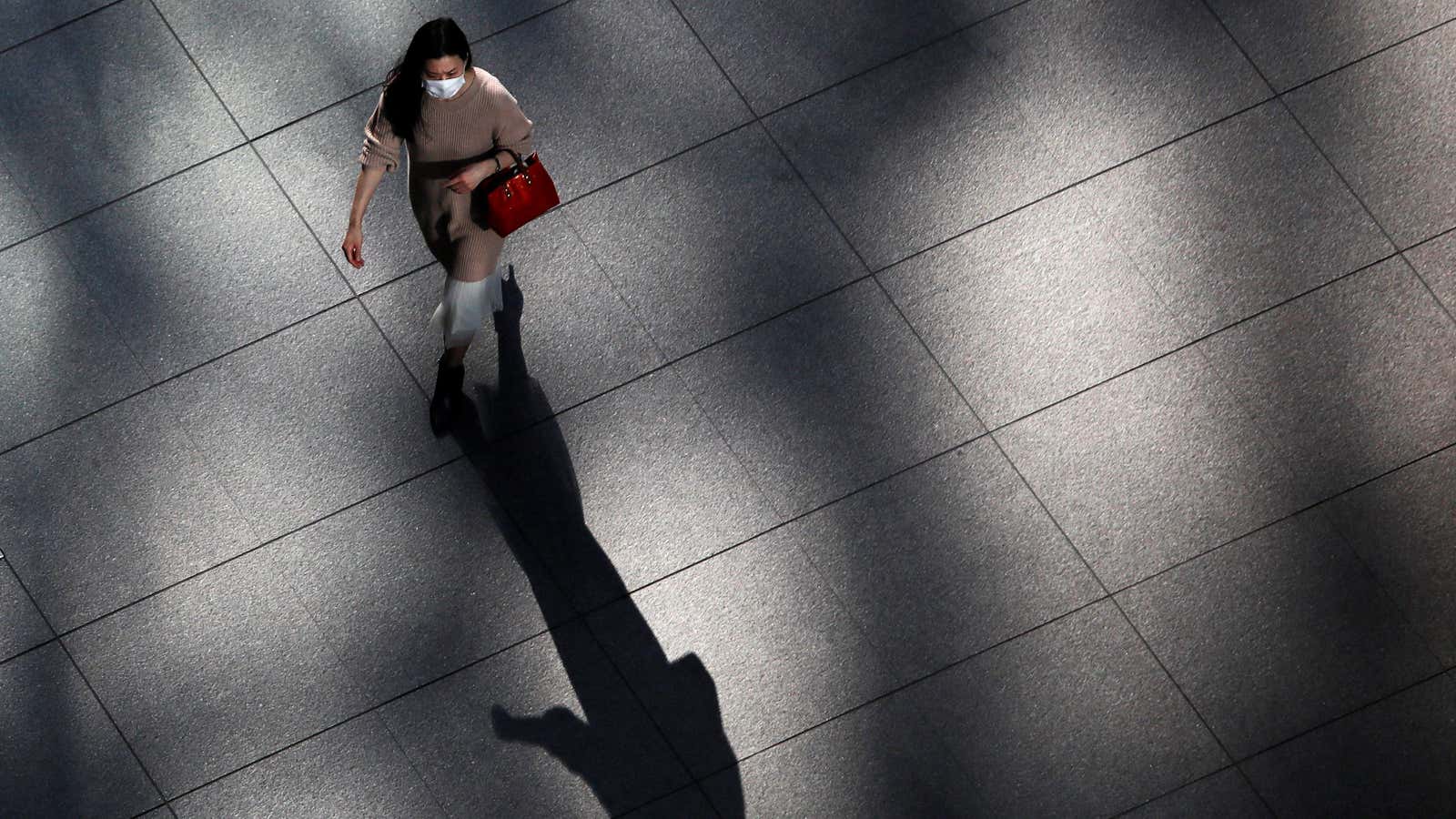Being too busy is a common complaint, especially in an age of burnout.
But new research published in Organization Science suggests some professionals don’t actually want to escape overwork. Rather, wrote Joonas Rokka of Emlyon Business School and Ioana Lupu of ESSEC Business School, some knowledge economy workers are trying to achieve a state which doesn’t feel too stressful, but also isn’t particularly relaxing, either. The researchers call it “optimal busyness.”
Rokka and Lupu drew on almost 150 interviews and more than 300 weekly diaries from staff at two professional service firms, a global auditor, and a law practice. They identified “the emerging concept of optimal busyness,” which they describe as “an attractive, short-lived temporal experience which people try to reproduce/prolong because it makes them feel energized and productive as well as in control of their time.”
The problem with constantly trying to achieve this state is that it’s easy to tip into becoming too busy, and consequently stressed out, they wrote.
Busy, but not too busy
The key to the pleasurable sensation of being optimally busy, Rokka told Quartz, is in our perception of time.
The researchers found that when their subjects had a bit too much work to do, but not too much, they were more likely to be able to achieve a flow-like state. While in that state, time passed quickly, but didn’t disappear with disempowering speed. “We’re talking about a certain state of mind, even an atmosphere that we want to create. Which is a kind of buzzing, energizing feeling,” Rokka said.
With too little to do, time dragged, and the professionals felt stressed because of that (including, in many cases, while they were on vacation.) But when they had too much to do, a sense of the impossibility of finishing what was needed in a given time produced actual anxiety.
Pandemic effects on busyness
Since the research was conducted pre-pandemic, is it possible our relationship to busyness has fundamentally changed? Yes and no.
In follow-up interviews, some people—like those in more collaborative fields—missed the energy and stimulation of the workplace, while others found a better sense of flow in more self-directed or solitary work.
But, Rokka said, the particular set of people who enjoyed “optimal busyness” before the pandemic upended the workplace are largely seeking to reproduce it, even without being part of a physical, daily professional sphere.
They might be taking on side “megaprojects,” writing books, running marathons, or planning ambitious adventures with their kids, he said. But ultimately, they’re searching for optimal busyness, that state that involves a bit too much rushing, but also, it seems, gives us a rush.
Readers: Do you find yourself super busy? Not busy enough? Tell us about it at work@qz.com.
